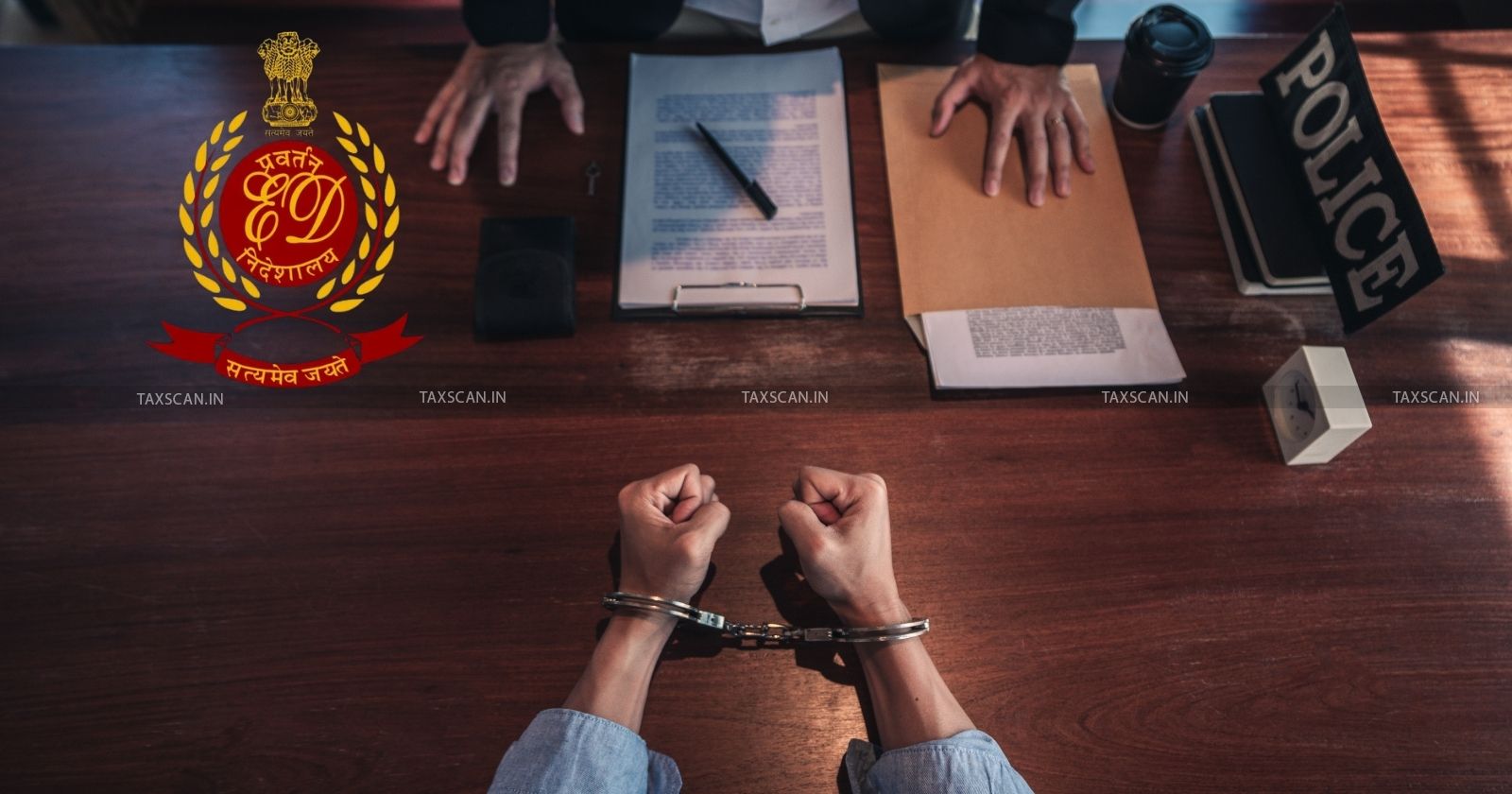ED can Conduct Questioning through VC, no Custody: New Delhi Court
The ED had sought the cancellation of Shah’s bail, citing his failure to return to India and comply with the terms of the anticipatory bail order

New Delhi court – New Delhi court on ED custody – Directorate of Enforcement – Delhi court ruling on ED custody – TAXSCAN
New Delhi court – New Delhi court on ED custody – Directorate of Enforcement – Delhi court ruling on ED custody – TAXSCAN
In a recent development, the New Delhi Patiala House Court ruled that the Directorate of Enforcement ( ED ) can conduct the questioning of individuals through video conferencing, eliminating the need for physical custody.
The order was issued by the Patiala House Courts on October 14, 2024, in response to an application seeking the cancellation of anticipatory bail granted to Vaibhav Dipak Shah, a non-applicant involved in a case under the Prevention of Money Laundering Act (PMLA).
GPT-Powered Filing – Streamline Your Faceless Appeal Process - Enroll Now
The ED had sought the cancellation of Shah’s bail, citing his failure to return to India and comply with the terms of the anticipatory bail order. However, the court, presided over by Additional Sessions Judge Dheeraj Mor, ruled that Shah’s inability to return to India was due to a travel ban imposed by a Dubai court, which made his physical appearance impossible.
In light of these circumstances, the court found that Shah’s breach of the bail conditions was unintentional and not a deliberate attempt to avoid investigation. The court emphasised that the principle "Lex non cogit ad impossibilia" (the law does not compel the doing of the impossible) applied to this case, as Shah was legally unable to return to India due to circumstances beyond his control.
Interestingly, the court also questioned the necessity of Shah's physical presence, noting that custodial interrogation had previously been deemed unnecessary. In an era of advanced information technology, the court found no reason why the ED could not conduct its investigation via video conferencing.
GPT-Powered Filing – Streamline Your Faceless Appeal Process - Enroll Now
“Since the non-applicant is unable to travel due to reasons beyond his control, the investigating officer should have used scientific tools, such as video conferencing, for the conclusion of the investigation,” the court of ASJ Dheeraj Mor noted. It further highlighted that, “When the trial can be conducted through video conference, this court sees no reason that the investigation, in which custodial interrogation has been held to be not required, cannot be conducted by using the said scientific means.”
This decision could be the beginning to set a precedent for future cases where international travel restrictions or other logistical challenges hinder physical appearances in court or investigative processes.
This ruling is significant as it balances the need for thorough investigation with the protection of an individual's fundamental rights, particularly under Article 21 of the Constitution, which guarantees the right to personal liberty.
GPT-Powered Filing – Streamline Your Faceless Appeal Process - Enroll Now
Thus, the application for the cancellation of Shah's bail was dismissed, with the court affirming that questioning could proceed through video conferencing.
The insistence on physical appearance was deemed unnecessary, and the court ordered the continuation of the bail as granted earlier.
To Read the full text of the Order CLICK HERE
Support our journalism by subscribing to Taxscan premium. Follow us on Telegram for quick updates


